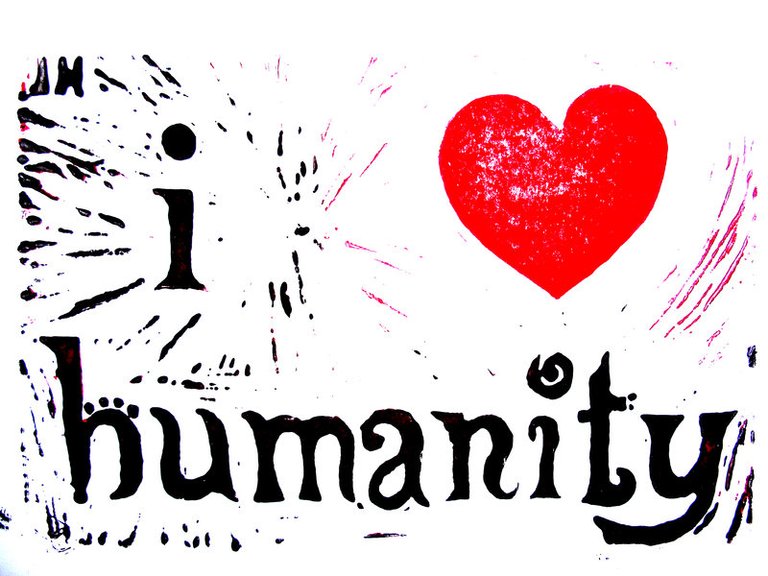
Humanity
Humanity in language is an industrial source of the word human, which distinguishes man from characteristics and qualities, which in turn makes it different from other species of living beings. Humanism is said to be contrary to the animal or animal. It can also be defined as what characterizes one's good deeds. From the philosophers' point of view it means: (life, pronunciation, death). From Kant's point of view, humanity expresses the purpose of ethics, and is the basis of human thought. In August August's view, humanity is the sum of traits that are a social organism that evolves over time.
When someone is said to be doing a human act, it means that he is doing a good thing for humans, a person capable of responding to natural human behavior. [1] People usually look at humanity in several ways; some see it as encompassing all human beings And some of them are seen as carrying the meanings of charity and altruism, and some of them believe that humanity includes spiritual power, it is worth mentioning that it refers to humanity in many humanitarian laws, and the crimes committed against the human rights in various international treaties, and is a source Of International law, [2] inhumanity is what is commonly referred to as a waste of human value and rights, and dealing with people with racism, and cruelty.
Humanity is the word that has many qualities that make it human, such as the ability to love, empathy, creativity, and other things that distinguish man from other beings, which make him a real person, not a follower, and does not make him human (Humanity) originates in the Latin word humanitas, which means human nature, and its qualities and good feelings. [3] Humanity has several definitions in the term. Relied upon by In these definitions, the definition of ancient philosophers is that humanity is the meaning of man's essence. From their point of view, man reaches the highest rank only if his power is transformed into action; thus he becomes a complete human being. While some knew humanity as the education of the Renaissance, which included many subjects, such as: music, art, history, language, literature, and the manifestations of the universe.
